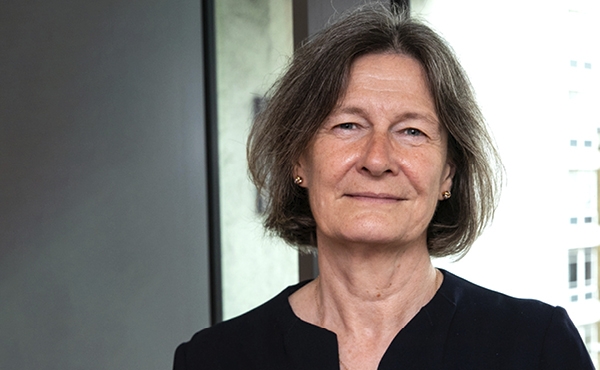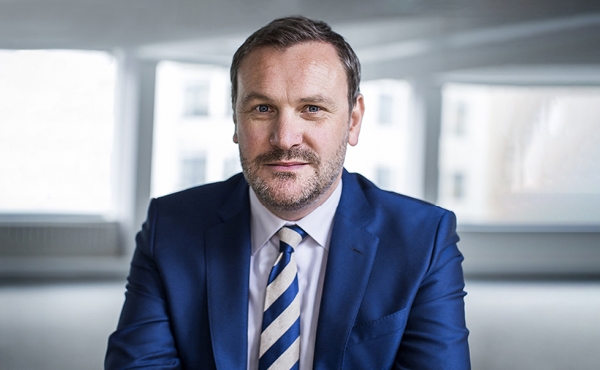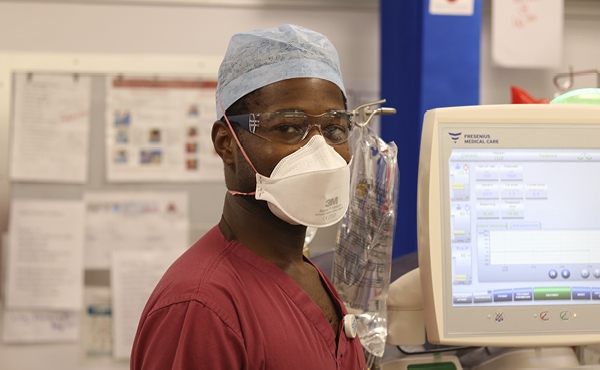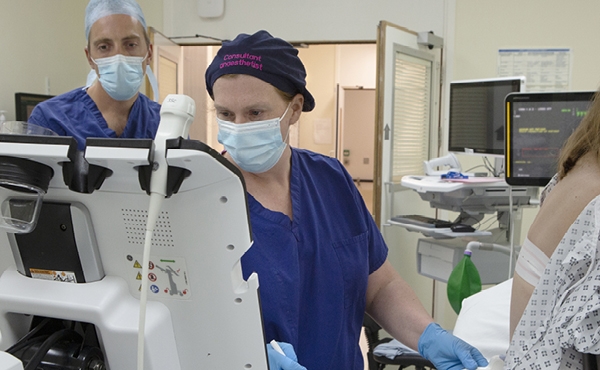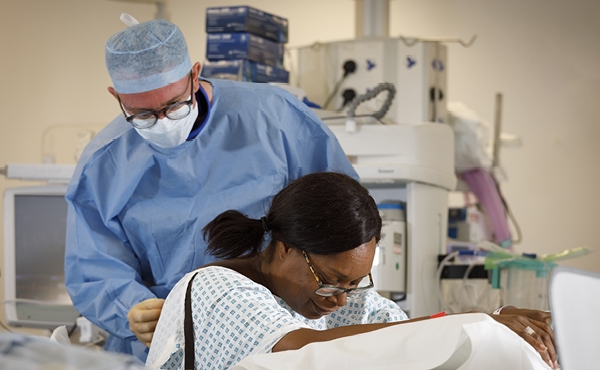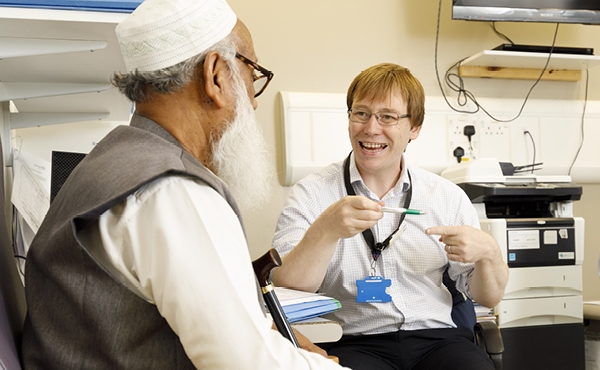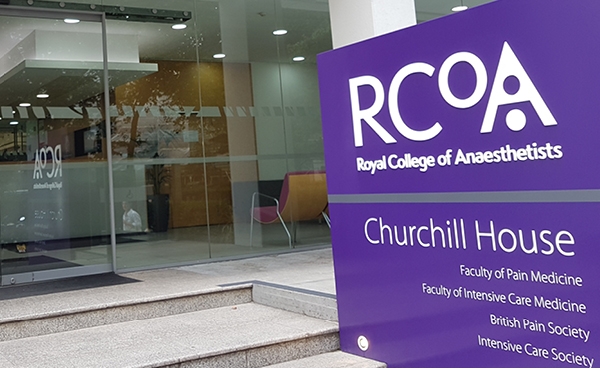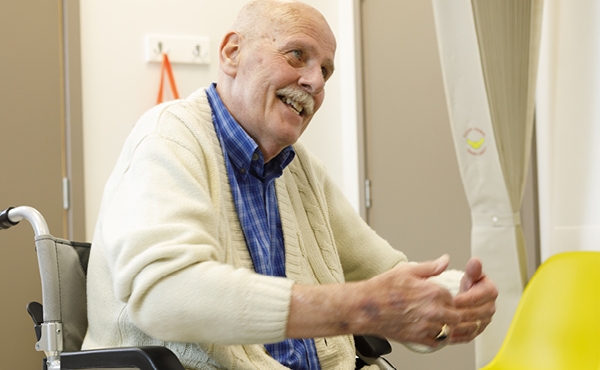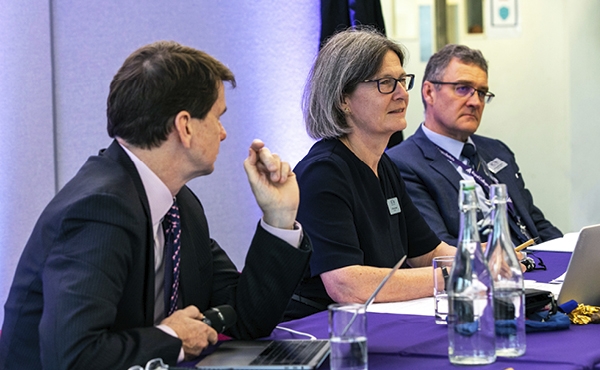2021 Annual Review: our sustainability work
Our sustainability commitment
The College has disinvested from funds containing fossil fuel companies that are not compliant with the Paris Agreement.
The specialty continues to make great strides in reducing the carbon impact of anaesthesia. The change over the last five years has been tremendous, with many individuals committing to ‘Ditch the Des’ and moving to more regional and intravenous anaesthesia. The College has a patient information leaflet explaining the environmental impact of different anaesthetic techniques.
Strong regional networks have become established, supported by an increasing number of Sustainability Fellows. The Council Sustainability Lead and Environmental Advisor have had rich and exciting conversations about specific projects and linking enthusiasts around the country. They are regularly invited to speak at events and meetings.
The full suite of e-learning chapters on sustainability in anaesthesia is now available on the e-LA portal. Sustainability is embedded in the new curriculum and work is ongoing to incorporate it into the Guidelines for the Provision of Anaesthetic Services (GPAS) and Anaesthesia Clinical Services Accreditation (ACSA).
Strong regional networks have become established, supported by an increasing number of Sustainability Fellows.
The College has disinvested from funds containing fossil fuel companies that are not compliant with the Paris Agreement. Investments are under regular review and environmental, sustainability and governance (ESG) criteria are increasingly important in our choice of investment funds.
With so much of the last two years affected by COVID-19, Churchill House has been used much less than normal. Staff were required to work from home at times and now are looking at achieving a balance of hybrid working. Volunteers, such as Council members and examiners, have been working virtually for all or much of the time. This has dramatically reduced the amount of travel, in turn cutting the carbon impact of College business. The trick will be to strike a balance to retain as much of these positives, whilst regaining the advantages of face-to-face working. Plans are in place for at least 50 per cent of most regular meetings to be virtual.
Both the Council Lead and Environmental Advisor will be stepping down in the next few months. The Advisor role will be advertised soon.

